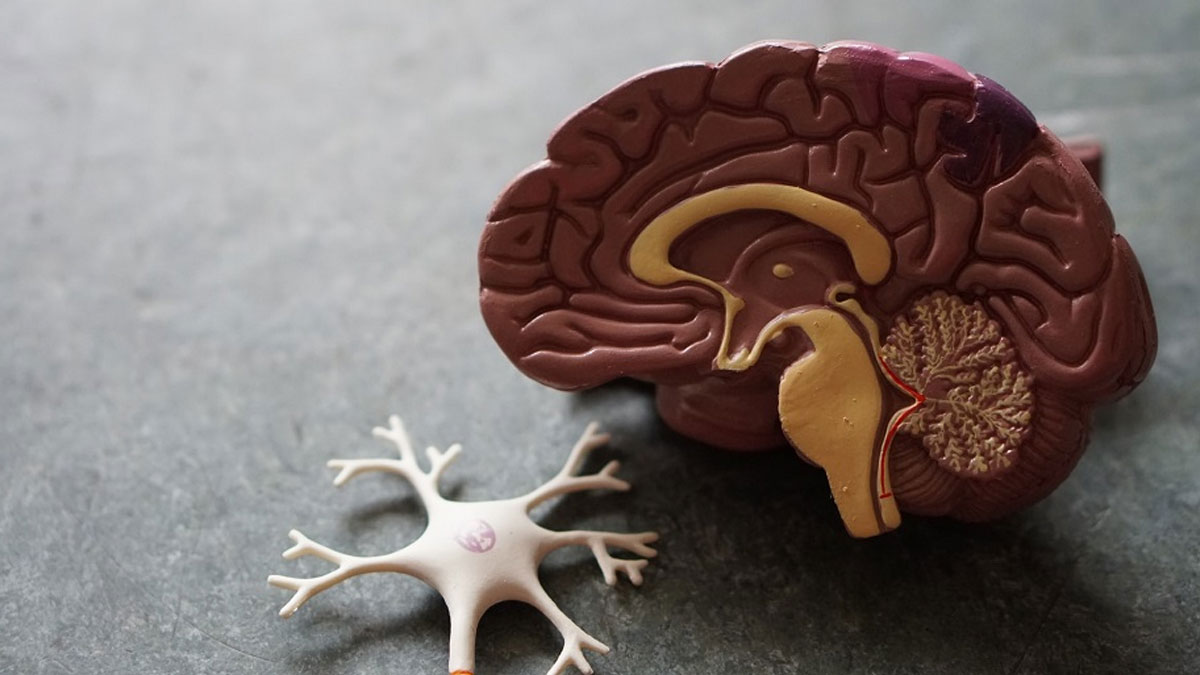
A Simple Explanation on Human Endocannabinoid System & Its Role

Researchers, while studying THC, a form of cannabinoid, discovered the endocannabinoid system (ECS) in the 1990s. It is explained as a self signaling system that can produce natural cannabis-like fragments in the body.
When you do your research on CBD or other hemp and marijuana-related products for medicational purposes, you come to the term ‘endocannabinoid system’ frequently. But why?
Because researchers believe that when we consume CBD or THC, in whatever form it is, they tend to affect our body by mimicking endocannabinoids. So, is it good for us? Or should we avoid those products?
Though researchers are still studying different aspects of ECS and its role in the human body, the good news is, they have come up with some proven importance of ECS. Vincenzo Di Marzo, one of the best scientists on cannabinoids, has explained the importance of ECS in the purest form.
“Relax, eat, sleep, forget, and protect.”
According to him, these four activities are the basics that keep our bodies in balance. This is why this system is called an endogenous system and named after the cannabinoid plant as it led to the discovery of it.
Researchers have also confirmed that ECS exists and functions even if we don’t take BSH, CBD, or THC.
How the Endocannabinoid System Works
There are three main parts of the ECS. Endocannabinoids, receptors, & enzymes. Let’s see what each of them does.
Endocannabinoids
As I have discussed it earlier, endocannabinoids are molecules similar to cannabinoids, and they are produced in our body.
Till today two significant types of endocannabinoids are discovered.
- Its primary function is to activate CB1 receptor (more on that later)
- 2-arachidonoylglyerol (2-AG). It interacts with CB2 receptors (more on that later too)
These two endocannabinoids react with receptors and help our internal system to function appropriately.
Endocannabinoid Receptors

The picture above understandably depicts the whole process. These receptors can be found throughout our body and act as a medium to transmit signals so that ECS can take action.
Two key endocannabinoid receptors are as follows.
- These receptors are mostly found in the central nervous system and interact with anandamide.
- These receptors are responsible for transmitting signals to our exterior nervous system. 2-AG interacts with these receptors and helps to keep our immune system healthy and balanced.
Endocannabinoids can work on any of the receptors. In which receptors it will work, and the result depends on where the receptor is located and what’s the need for the body.
For instance, if you are facing sleeping issues, endocannabinoids on your body might target CB1 receptors and act to soothe your nervous system so that you can relax and have a good sleep. On the other hand, if you are facing from skin issues, endocannabinoids might target to boost your immune system through CB2 receptors.
Enzymes
Enzymes are proteins that can be found in every living being. Enzymes are responsible for accelerating chemical reactions. In the ECS, enzymes play a critical role. Enzymes break down or create more endocannabinoids according to the need of our bodies.
Two main types of enzymes are mainly responsible for this task:
- Fatty acid, responsible for breaking down AEA, and
- Monoacylglycerol acid lipase, responsible for breaking down 2-AG.
So, What are the functions of the endocannabinoids system?
When discovered, researchers considered ECS as a simple system that can mimic the molecules of cannabinoids. But, recent evidence shows that the system is far more complicated than it was thought initially.
Studies have found that ECS has the following positive impacts on our bodies:
- It can impact our appetite and digestion process by ensuring balance in metabolism.
- Can provide relief from chronic pain, like pain from cancer treatment and other injuries.
- Can reduce inflammation and boost our immune system.
- Ensures quality sleep.
- Boosts muscle formation.
- Improves bone density and growth.
- Helps to improve our brain function and protects memory cells.
- Provides support to our cardiovascular health.
Apart from these, studies have also found a weaker link to the following processes:
- Mood
- Motor control
- Liver function
- Cellular function
- Nerve function
- Skincare
- Stress control, etc.
All the above functions contribute to homeostasis together, and experts have found that maintaining homeostasis is the core function of the ECS.

Image by Julia Teichmann from Pixabay
How can CBD help with the ECS?
Cannabidiol (CBD) is a major type of cannabinoid that is found in cannabis and has a reputation for its therapeutic benefits. One of the primary reasons behind its popularity is that it’s not psychoactive, that means it doesn’t make you high. Researchers have also confirmed that it has almost 0 harmful effects on the human body.
Though there is not enough scientific info on how exactly CBD can impact ECS, researchers found CBD to be effective in treating chronic pain, skin issues, inflammation, and many others. So, researchers are hopeful that CBD has positive impacts on ECS.
Endocannabinoid deficiency and treatment
The theory of clinical endocannabinoid deficiency (CECD) suggests that deficiency of endocannabinoid can cause several health issues like migraine, irritable bowel syndrome (IBS), and fibromyalgia. Though all the experts don’t support it, some advocate it strongly.
A recent study has found that using CBD medication can improve the condition and reduce the level of deficiency.
Key takeaways
The ECS is a complex system that helps our internal mechanism smooth and in proper health. There are two major types of ECS; anandamide is responsible for ensuring our central nervous system is working correctly, and 2-arachidonoylglyerol is accountable for strengthening our immune system. Some of the major processes that ECS can impact are sleep, skin health, chronic pain, appetite & digestion, and cardiovascular health, etc.
Lack of endocannabinoid can cause migraine, IBS, and fibromyalgia. However, this claim needs more data backed by research. Experts suggest using CBD medication can improve the condition and reduce the level of deficiency.










